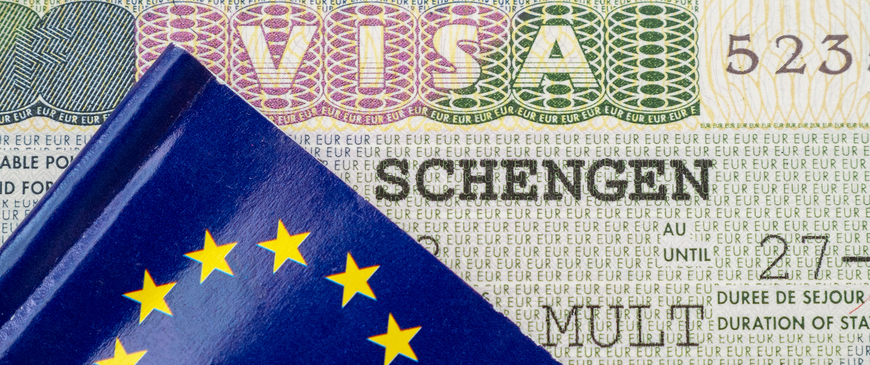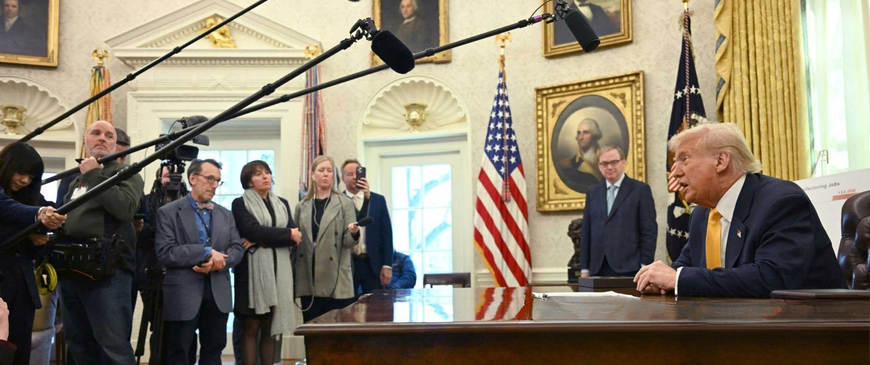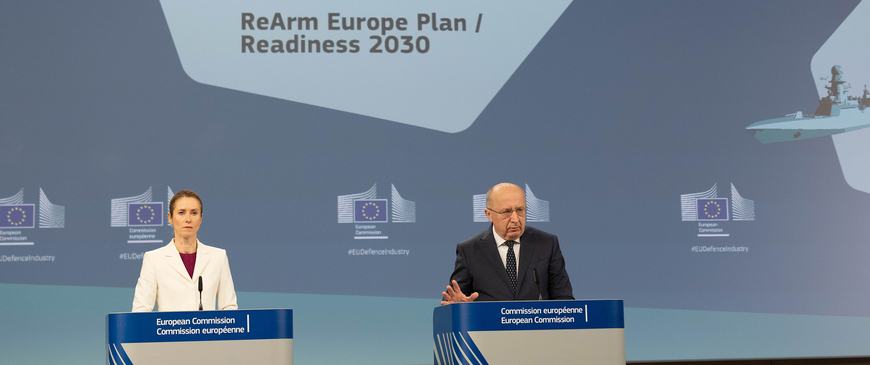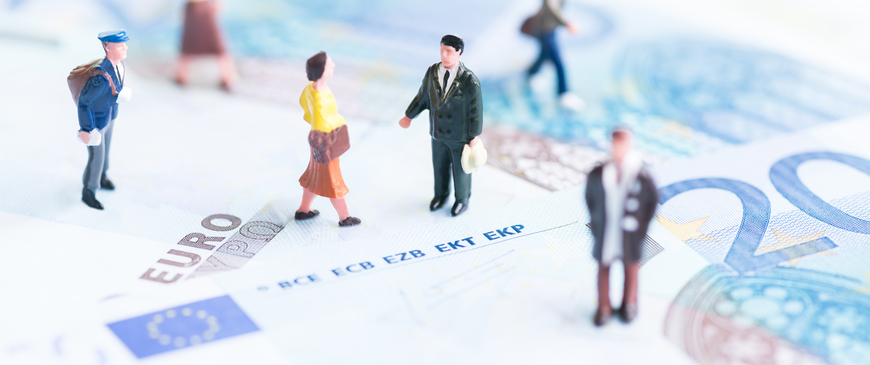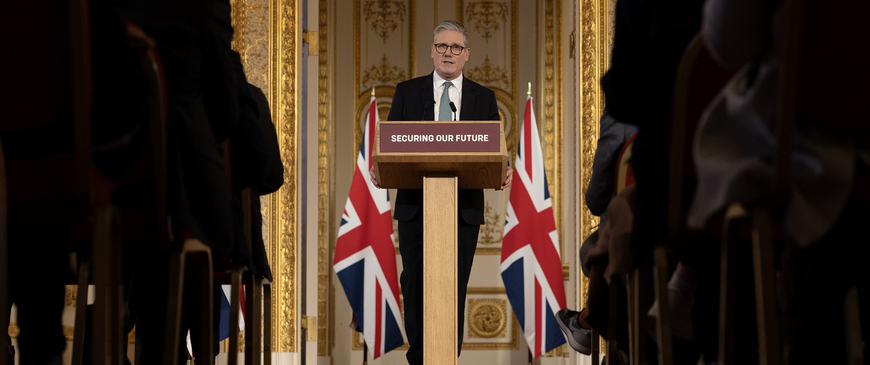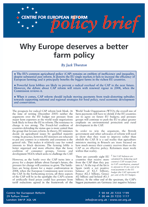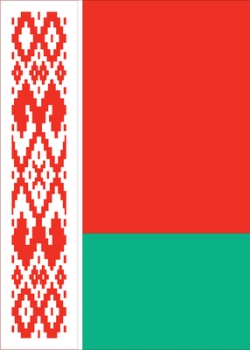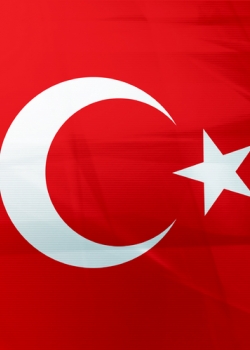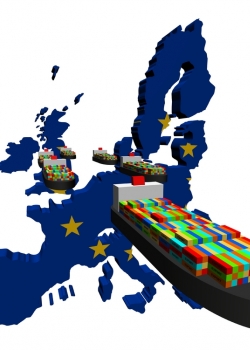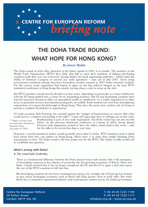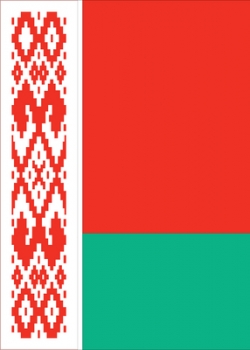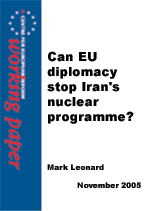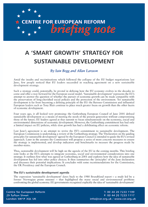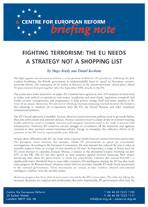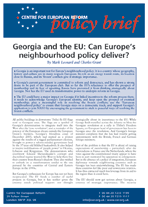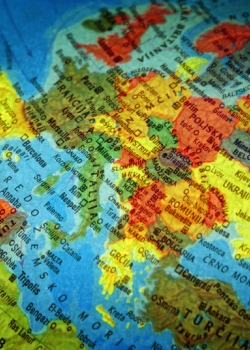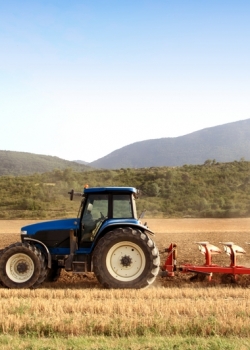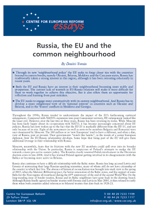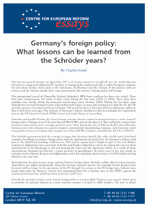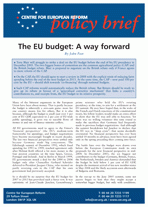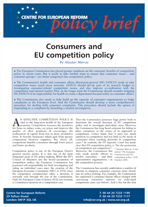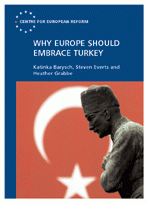Research
Why Europe deserves a better farm policy
01 December 2005
The prospects for radical CAP reform look bleak. At the time of writing (December 2005) neither the arguments over the EU budget nor pressure from major farm exporters at the world trade negotiations look likely to force the EU to reform.
The EU needs a policy on Belarus
01 December 2005
The first time that I visited Belarus, I noticed that the streets were clean, the subway ran on schedule and the people were very hospitable. On the surface, the people of Minsk seem to enjoy life.
Some advice for Turkey
01 December 2005
Turkey remains far from its goal of entering the EU, despite starting accession talks in October and gaining a broadly favourable progress report from the European Commission in November.
Easing the pain of trade liberalisation
01 December 2005
This year’s textiles crisis shows what can happen if the EU and the US are ill-prepared for competition from emerging Asia. The integration of China and India into the world economy means that manufacturing and low-cost services in the West will have to adapt rapidly.
The Doha trade round: What hope for Hong Kong?
01 December 2005
The Doha round of trade talks, launched in the Qatar capital in 2001, is in trouble. The members of the World Trade Organisation (WTO) have little time left to meet their ambition of helping developing countries trade their way out of poverty.
Issue 45 - 2006
25 November 2005
- The EU needs a policy on Belarus, Urban Ahlin
- Some advice for Turkey, Katinka Barysch
- Easing the pain of trade liberalisation , Richard Cunningham
Can EU diplomacy stop Iran's nuclear programme?
04 November 2005
When Iran restarted its nuclear programme in August 2005, it seemed to obliterate two years of EU efforts to persuade Tehran not to build a nuclear bomb. However, Mark Leonard argues that the EU should persevere with diplomacy.
A 'smart growth' strategy for sustainable development
01 November 2005
Amid the insults and recriminations which followed the collapse of the EU budget negotiations last June, few people noticed that EU leaders succeeded in reaching agreement on a new sustainable development strategy.
Fighting terrorism: The EU needs a strategy not a shopping list
11 October 2005
The fight against international terrorism is a key priority of Britain's EU presidency. Following the July London bombings, the British government is understandably keen to speed up European counter-terrorism efforts.
Georgia and the EU: Can Europe's neighbourhood policy deliver?
03 October 2005
All public buildings in downtown Tbilisi fly EU flags next to Georgian ones. The flags are a symbol of Georgia's determination to integrate itself into the West after the 'rose revolution', and a reminder of the potency of the European dream outside the European Union's borders.
Can variable geometry save EU enlargement?
03 October 2005
All over Europe, politicians are becoming more hostile to further EU enlargement. One reason is that electorates in many countries oppose it. Another is that the EU’s ‘widening’ has always been closely linked to its ‘deepening’.
CAP reform can reshape the EU budget
03 October 2005
France and Britain appear irreconcilably divided over the future of the EU budget. But the arguments posed by both countries in support of their contrasting positions are flawed.
An avant-garde for internal security
03 October 2005
Even the most hardened eurosceptic admits the need for closer EU co-operation to fight terrorism, organised crime and illegal immigration. While criminals and terrorists can move easily between EU countries, national policemen cannot.
Issue 44 - 2005
30 September 2005
- Can variable geometry save EU enlargement?, Charles Grant
- CAP reform can reshape the EU budget, Lord Haskins
- An avant-garde for internal security, Hugo Brady
Russia, the EU and the common neighbourhood
02 September 2005
Throughout the 1990s, Russia tended to underestimate the impact of the EU's forthcoming eastward enlargement. Compared with NATO's expansion into post-Communist territory, EU enlargement looked like the lesser evil.
Germany's foreign policy: What lessons can be learned from the Schröder years?
02 September 2005
The German general election on September 18th 2005 is of massive interest to people all over the world. Because Germany is a large and influential EU member, its foreign policy matters not only to other European countries, but also those further afield, such as the Americans, the Russians and the Chinese.
The EU budget: A way forward
01 September 2005
Many of the bitterest arguments in the European Union have been about money. That is partly because the budget is inherently a zero-sum game: more for one country means less for others.
Consumers and EU competition policy
01 September 2005
An effective competition policy is vital to the long-term health of the European economy. Competition increases the incentives for firms to reduce costs, cut prices and improve the quality of their products.
Why Europe should embrace Turkey
01 September 2005
A majority of voters in the EU, and many politicians, oppose Turkish accession. The essays in this report examine the fears concerning Turkey's membership and argue that many of them are misplaced.
A bad European dream
01 August 2005
On a grey Thursday morning in June 2006, Lee Barker, a 29-year-old Midlands businessman, was packing his bags to go to Germany.

